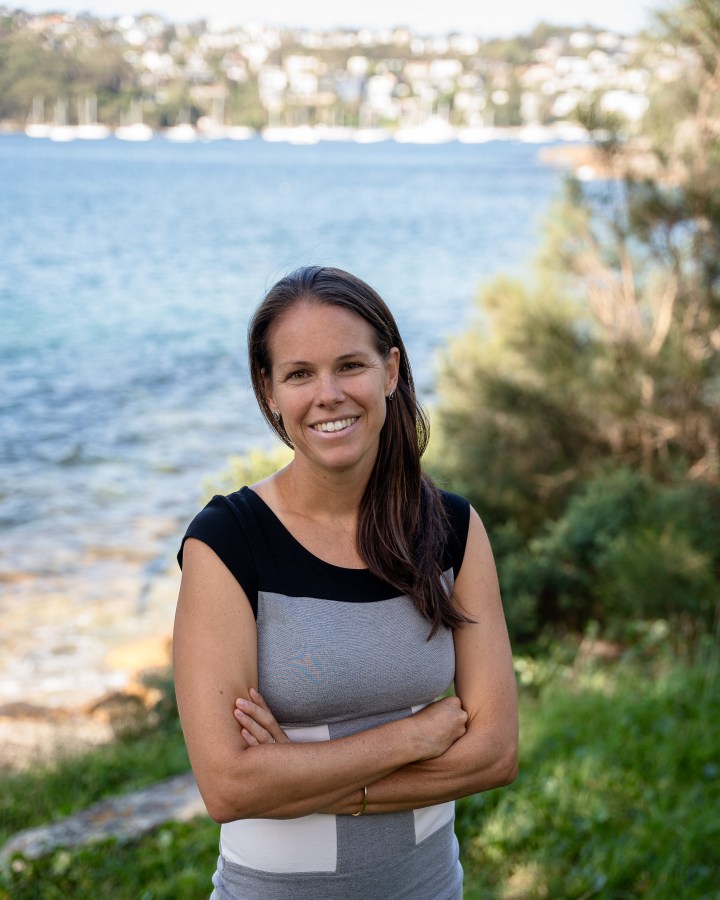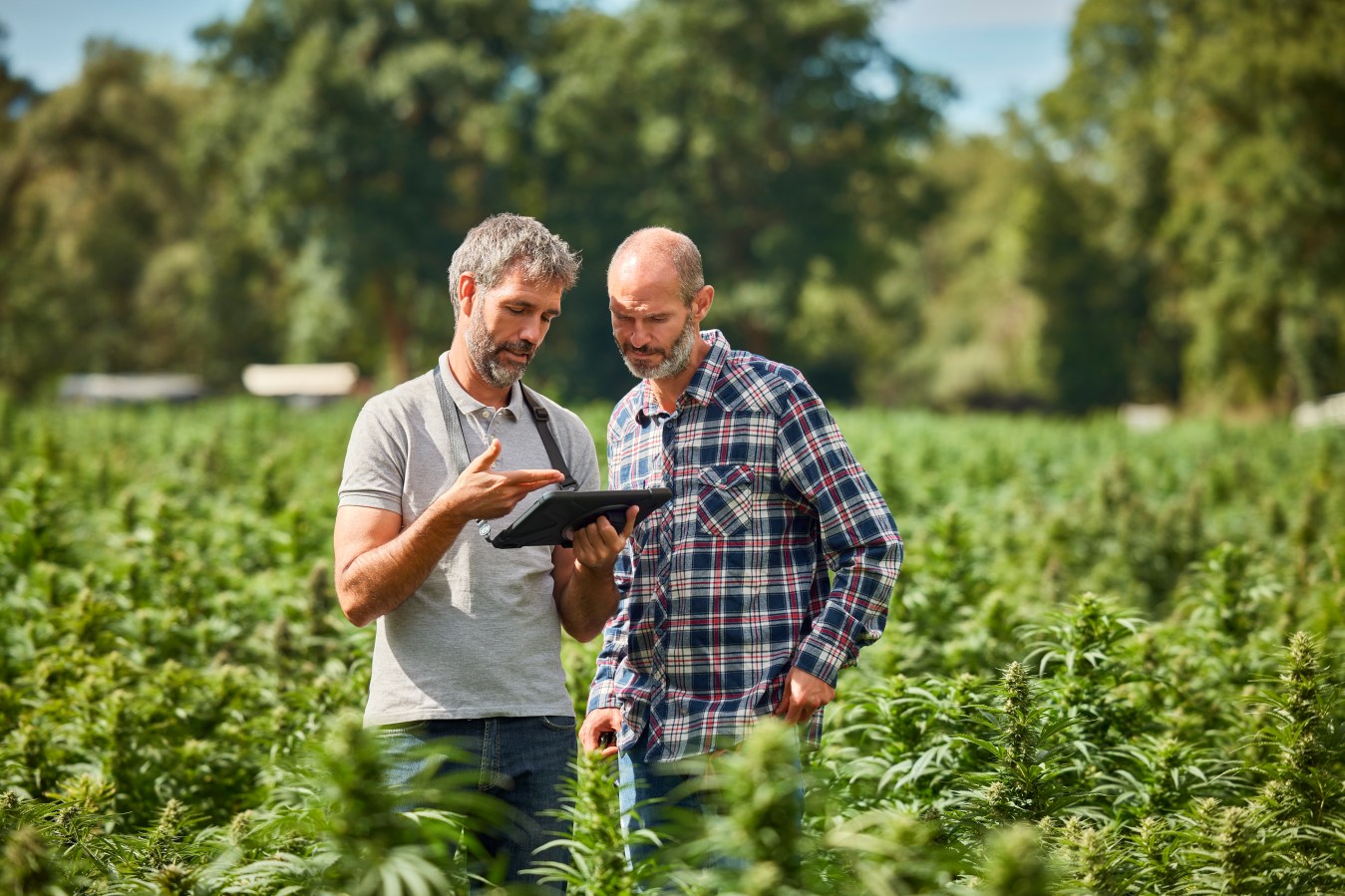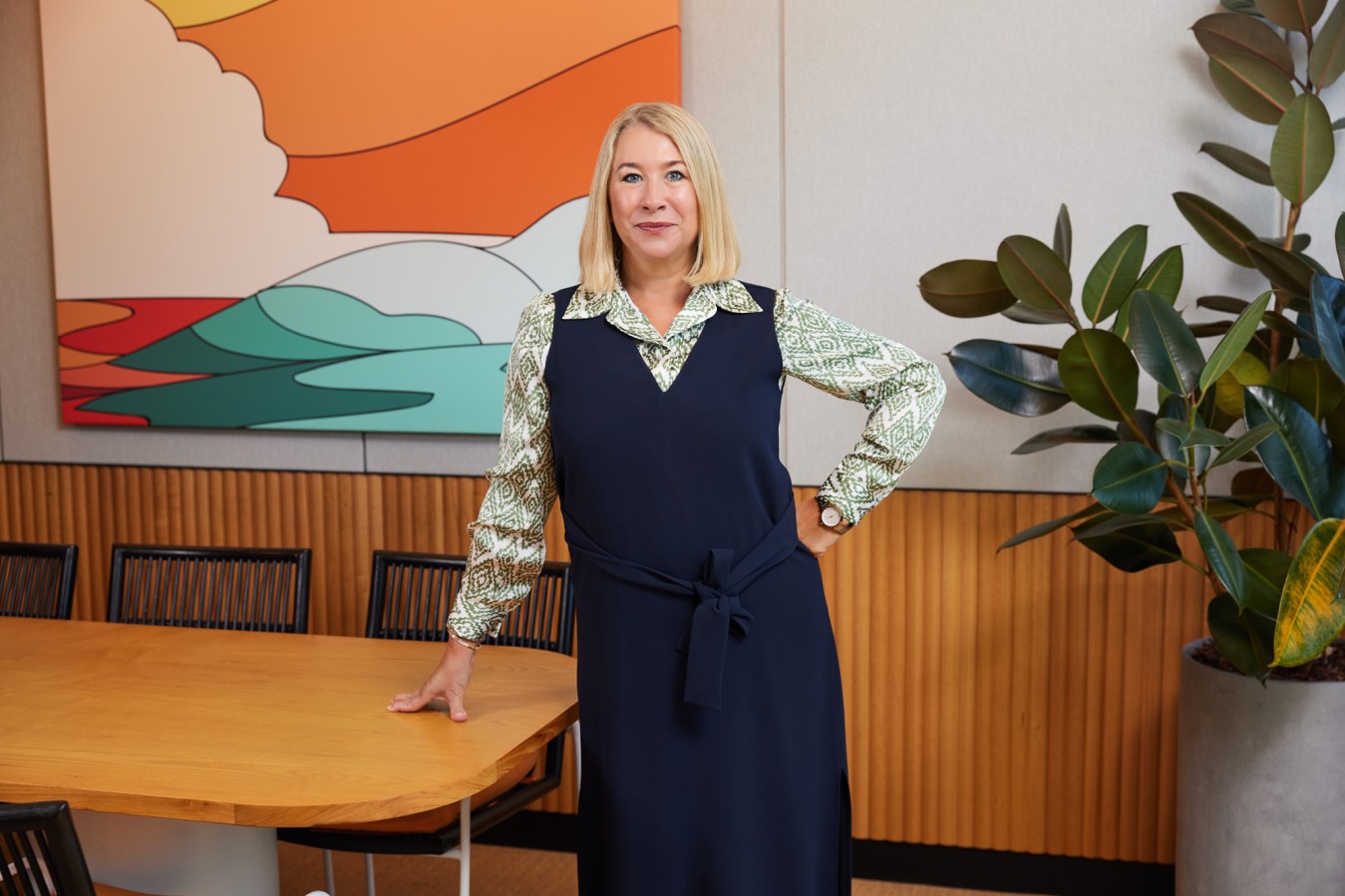Named as 2025’s ‘AgriFutures evokeAG Groundbreakers,’ these changemakers are working toward a sustainable and innovative agrifood future for Australia.

Chosen for their commitment, drive and aspiration, all of evokeAG’s “Groundbreakers” are under 27 years old, and deeply committed to Australian rural communities.
Here is how they are working to change the agfood game.
Malachai Clements
Queensland: 21 years old
“When my grandfather was diagnosed with a rare, terminal liver cancer, I knew I had to fight for the health of remote Australians every single day,” Clements tells Forbes Australia.
The problem: Limited access to fresh, affordable fruits and vegetables in Weipa, Cape York Peninsula, leading to adverse community health outcomes.
The solution: Establishing permaculture and community gardens to provide free, nutritious food and improve wellbeing. Advocating for nutrition education in schools and better infrastructure for overland transport of essential groceries.
The impact: Improved food security and health outcomes for the community, greater awareness of nutrition among schoolchildren, and long-term improvements in local food systems.
Alex Mantonari
Founder of AGRA Farming Technologies. WA: 26 years old
“I concluded that if no one else would, then maybe I should, and maybe this was an area in which I could make a difference,” Mantonari tells Forbes Australia.
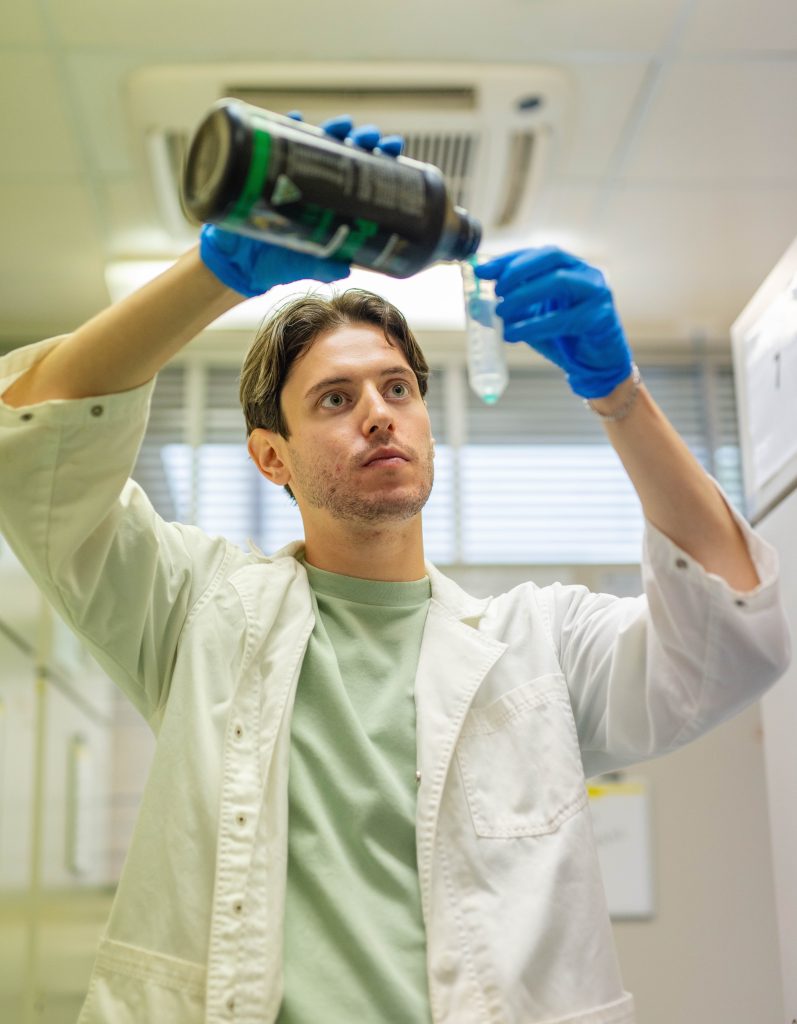
The problem: Climate change and agricultural challenges affecting the stability of food production and accessibility.
The solution: Developing indoor plant factories that sustainably produce crops year-round at the same price as traditional farming, increasing shelf-life by 40% and improving working conditions for farmers.
The impact: A more resilient, climate-proof food supply, reduced environmental footprint of agriculture, and greater accessibility to fresh, high-quality produce.
Alisa Mihaila
Queensland, 26 years old
“I saw the untapped potential of this resource to address real-world challenges, and felt a responsibility to help make it a reality,” Mihaila tells Forbes Australia.
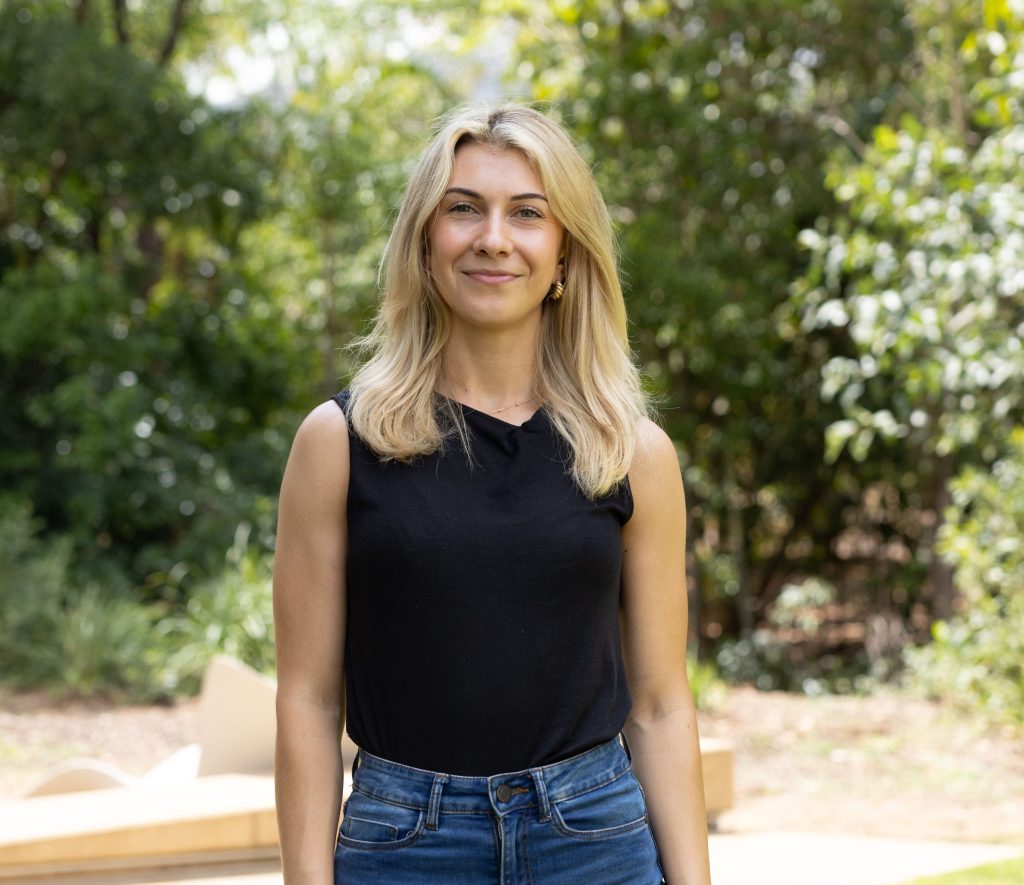
The problem: Underdeveloped seaweed farming industry in Australia, despite its potential to address climate change, nutrient pollution, and food security.
The solution: Conducting research and pioneering sustainable seaweed cultivation methods to advance the industry and share knowledge with coastal communities.
The impact: Growth of the seaweed farming sector, improved sustainability in marine agriculture, and new economic opportunities for rural and coastal communities.
Thomas Norman
Family business: Clean Green Ag. NSW, 22 years old
“When our supplier of traditional ammonia pulled out of the market was the moment I realised we needed a new solution, a low emission fertiliser – green ammonia,” Norman tells Forbes Australia.
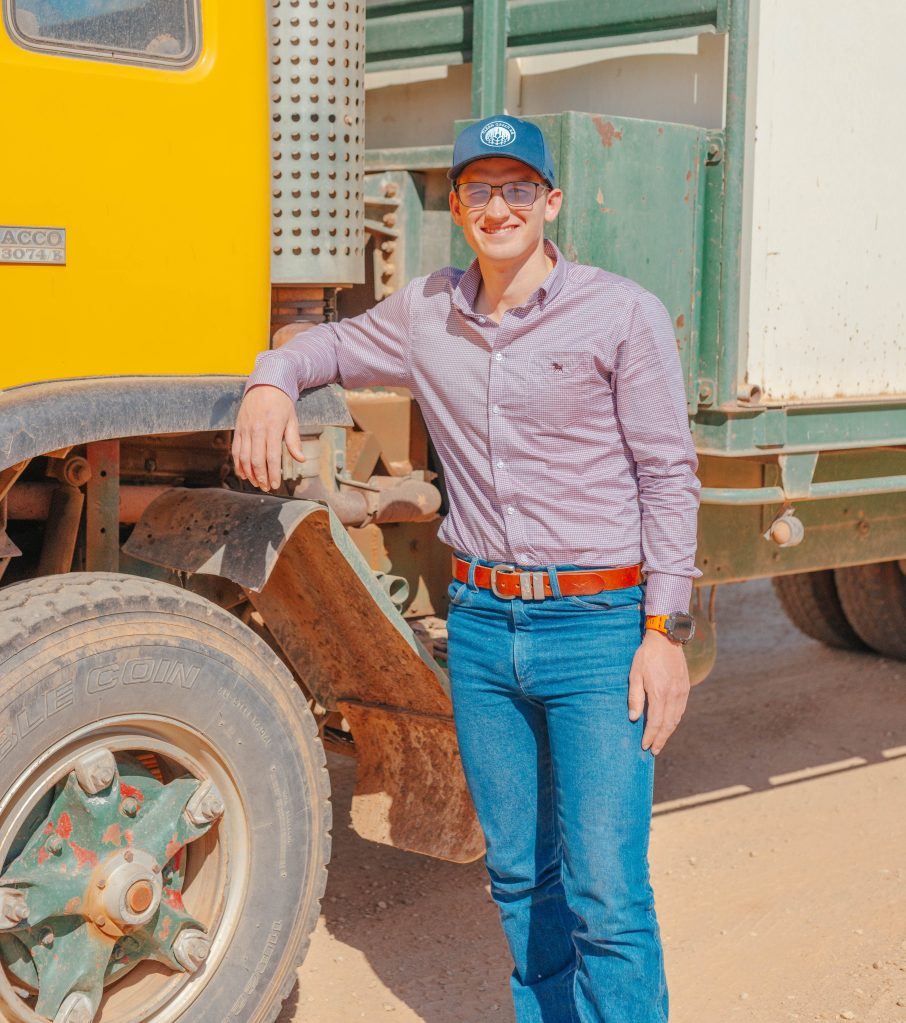
The problem: High carbon emissions in broadacre cropping due to traditional fertiliser use, making it difficult to meet Australia’s 2030 carbon targets.
The solution: Piloting Australia’s first commercial-scale green anhydrous ammonia fertiliser, conducting field trials to prove its practical application and emission-reduction benefits.
The impact: Potential to reduce scope 3 carbon emissions by up to 15%, accelerating agriculture’s transition to carbon neutrality and demonstrating the viability of sustainable fertiliser alternatives.
Indiana Rhind
Co-Founder of Farmwall. NSW, 25 years old
“I realised I needed to be a part of the solution to agriculture disconnection when I graduated, and I was the only agricultural engineering graduate in my cohort,” Rhind tells Forbes Australia. “I realised I had an opportunity to spark so much more innovation by encouraging others to join the industry, rather than trying to do the impossible task of it all by myself.
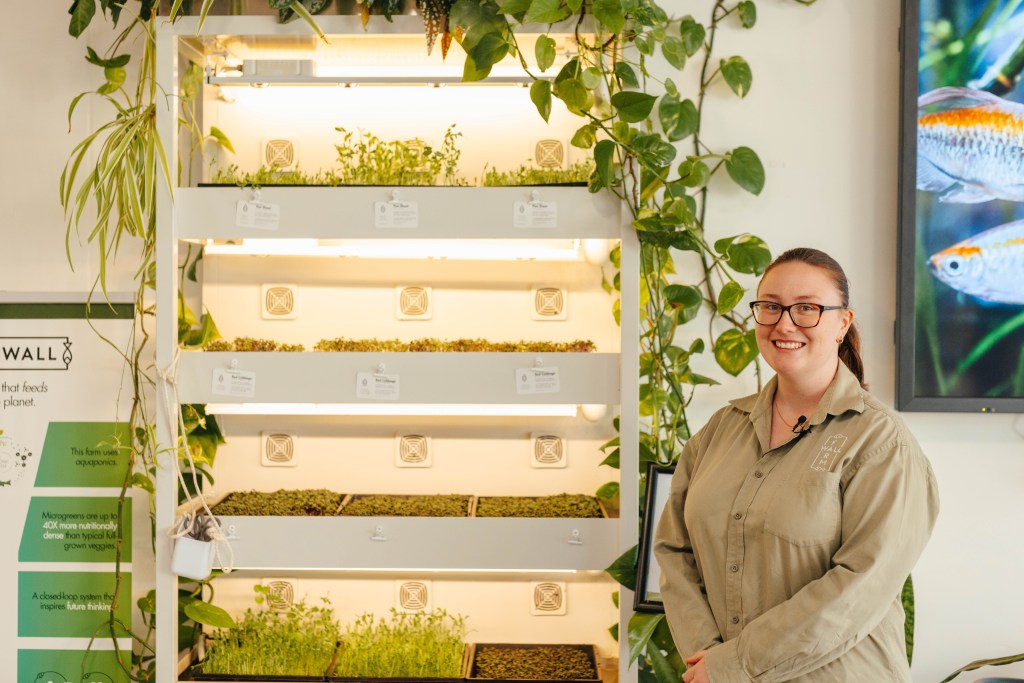
The problem: Disconnection between urban populations and agriculture, limiting understanding and engagement with sustainable food production.
The solution: Co-founding Farmwall, which develops aquaponic indoor farms for businesses and leads STEM-based educational programs to inspire future careers in agriculture.
The impact: Increased awareness and engagement with agriculture in urban spaces, strengthened circular economy practices, and greater interest in agri-tech careers among students.
Forbes Women is mobilising a network of female business owners, entrepreneurs and changemakers who support and empower each other. Become a member here.
